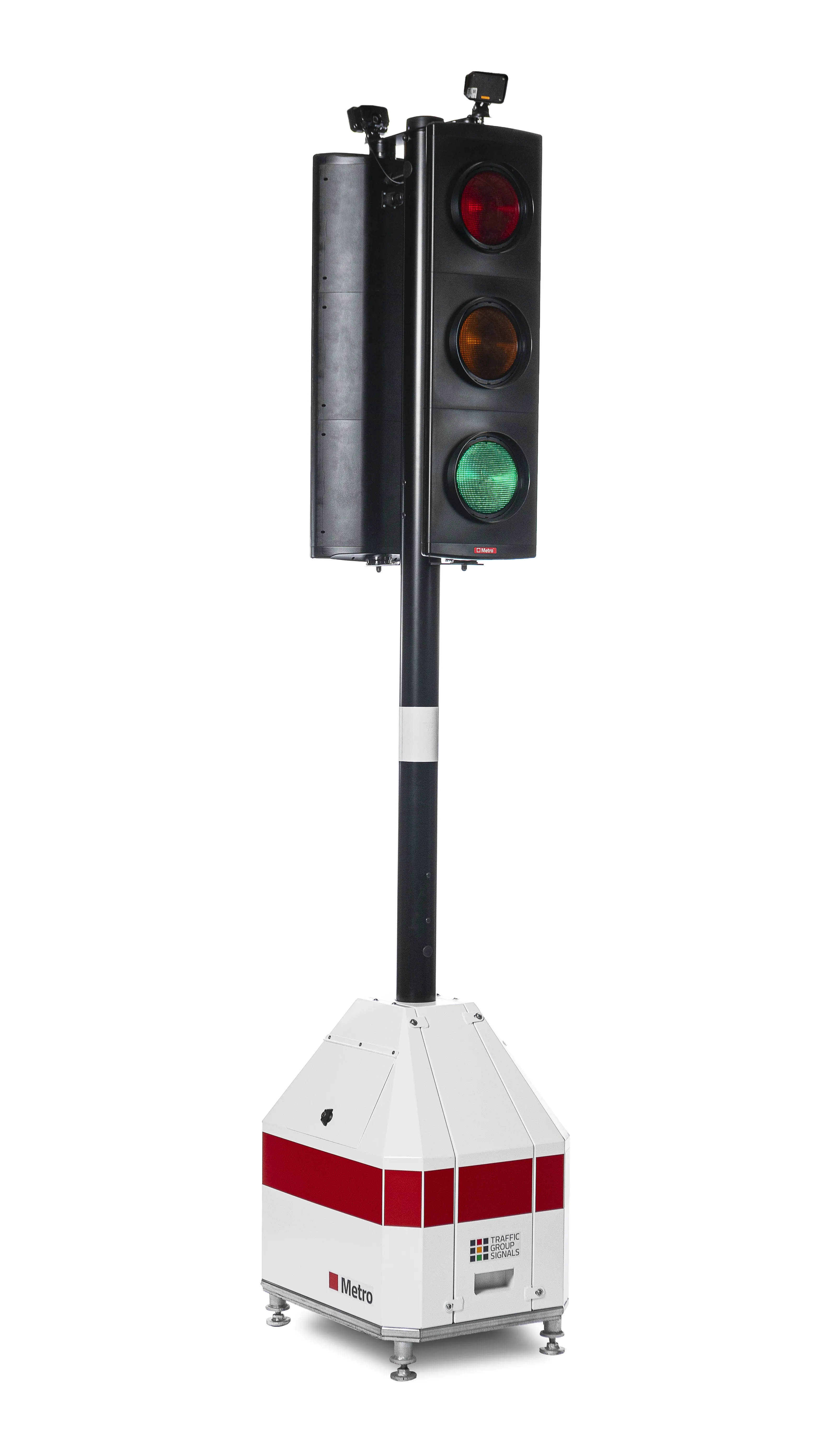As part of Nottinghamshire County Council’s Strategic Plan 2014-2018, which aims to increase the level of cycling in the county, UK company Traffic Technology has supplied its Zelt cycle detector to the council.
The proportion of people walking or cycling for short journeys is identified as an indicator to measure how the Council is delivering its Strategic Plan, making it important for it to measure levels of cycling.
According to the Council, permanent cycle counters provide more robust data over th
October 21, 2016
Read time: 2 mins
As part of Nottinghamshire County Council’s Strategic Plan 2014-2018, which aims to increase the level of cycling in the county, UK company 561 Traffic Technology has supplied its Zelt cycle detector to the council.
The proportion of people walking or cycling for short journeys is identified as an indicator to measure how the Council is delivering its Strategic Plan, making it important for it to measure levels of cycling.
According to the Council, permanent cycle counters provide more robust data over the long term and allow it to easily identify seasonal, daily and short period patterns in cycle numbers. It has phased out its manual cycle counts, which were time consuming and costly, and replaced them with the permanent Zelt counter, which has been installed at around 50 sites in the county.
The Zelt counter uses a specially-shaped inductive loop installed in the traffic or cycle lane at a depth of 2-4cm to detect the unique signature of each cycle wheel as it passes over the loop within a 1.5m corridor. All other electromagnetic signals are ignored.
The proportion of people walking or cycling for short journeys is identified as an indicator to measure how the Council is delivering its Strategic Plan, making it important for it to measure levels of cycling.
According to the Council, permanent cycle counters provide more robust data over the long term and allow it to easily identify seasonal, daily and short period patterns in cycle numbers. It has phased out its manual cycle counts, which were time consuming and costly, and replaced them with the permanent Zelt counter, which has been installed at around 50 sites in the county.
The Zelt counter uses a specially-shaped inductive loop installed in the traffic or cycle lane at a depth of 2-4cm to detect the unique signature of each cycle wheel as it passes over the loop within a 1.5m corridor. All other electromagnetic signals are ignored.










